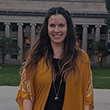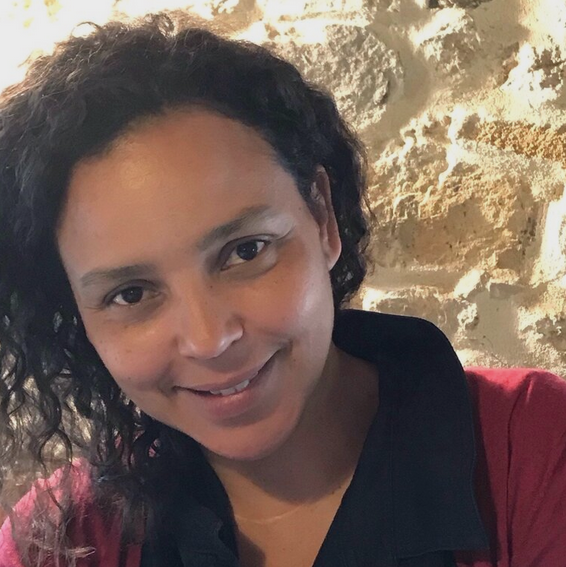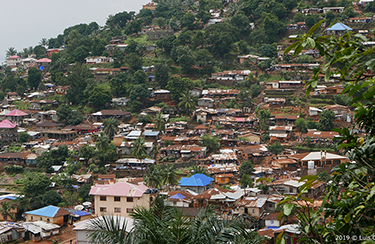The COVID-19 pandemic epitomizes existing vulnerabilities. While multiple international and national guidelines have been released, it remains unclear the extent to which these so-called “best practices” are actually adequate for the particular challenges facing self-organized communities in self-built, urban poor settlements. Without adequate housing, substandard water and sanitation infrastructure, or living with day-to-day informal incomes, is not possible for up to a billion of the world’s population to face the health crisis with social isolation and frequent handwashing.
This course is geared towards those who seek to understand the contrast between top-down and local responses to the COVID-19 pandemic. It addresses issues of governance to understand the particular politics that govern urban poor communities and condition the response of governments and other development agents.
Experts from a variety of backgrounds, including academics, community leaders, residents of informal settlements, public officials, NGO workers and others, will share their experience through brief lectures and other resources. Students will have the opportunity to interact with them and share their experience as well.
This course will particularly benefit street-level public officials, community activists, non-profit advocates, settlement residents, as well as local and central government agents working in and with self-organized communities in the Global South. It will enhance their understanding of the current context, and contribute to their preparation for future crises.
Join MIT faculty, practitioners, and a global community of learners to understand the impact of COVID-19 in urban poor communities and how to address the unique set of challenges it presents.






